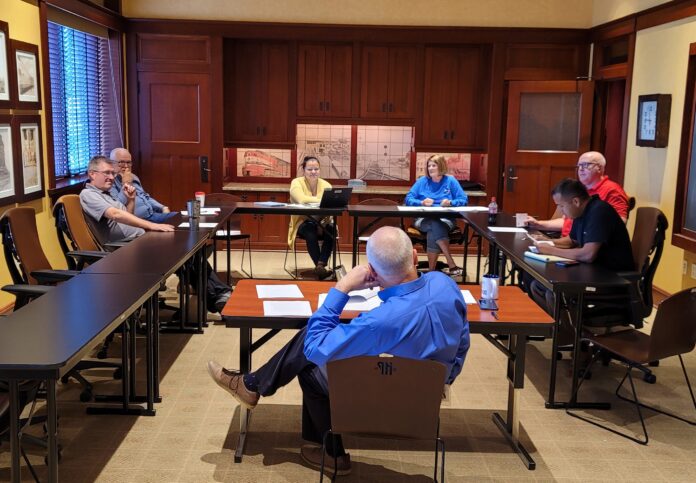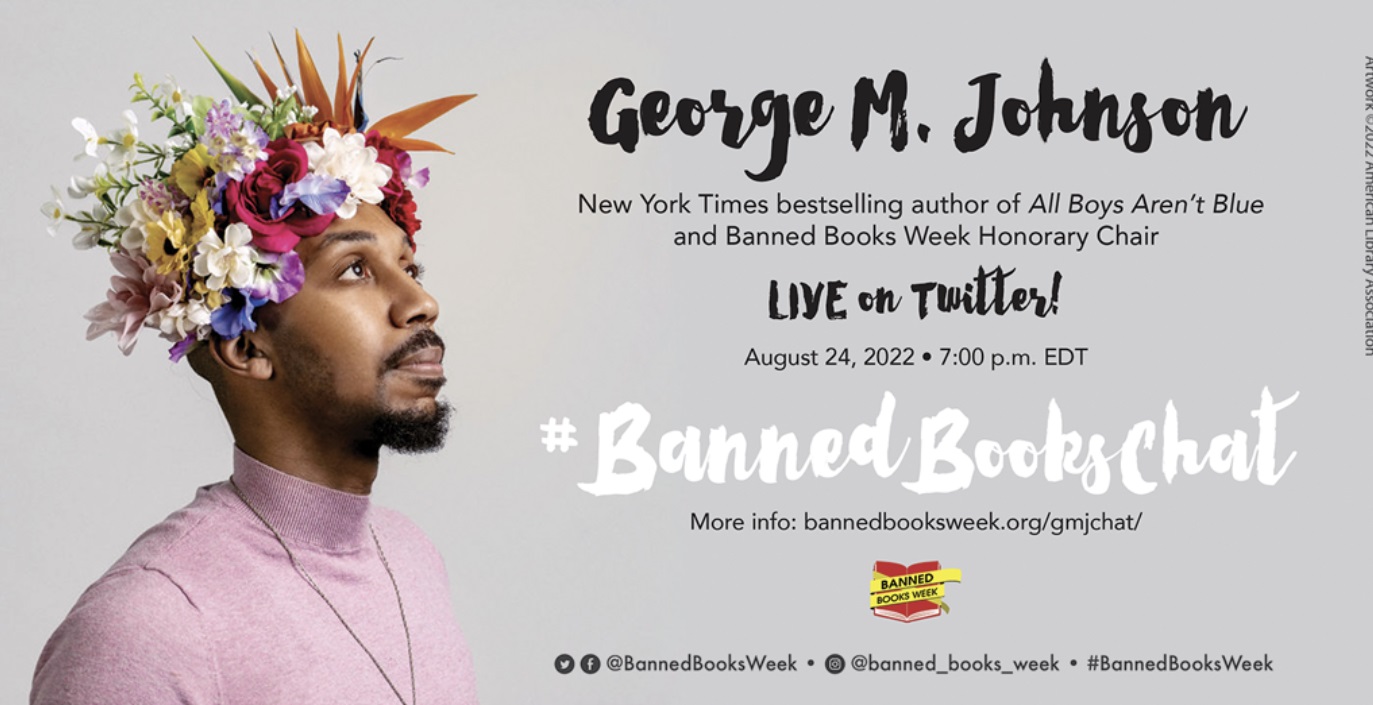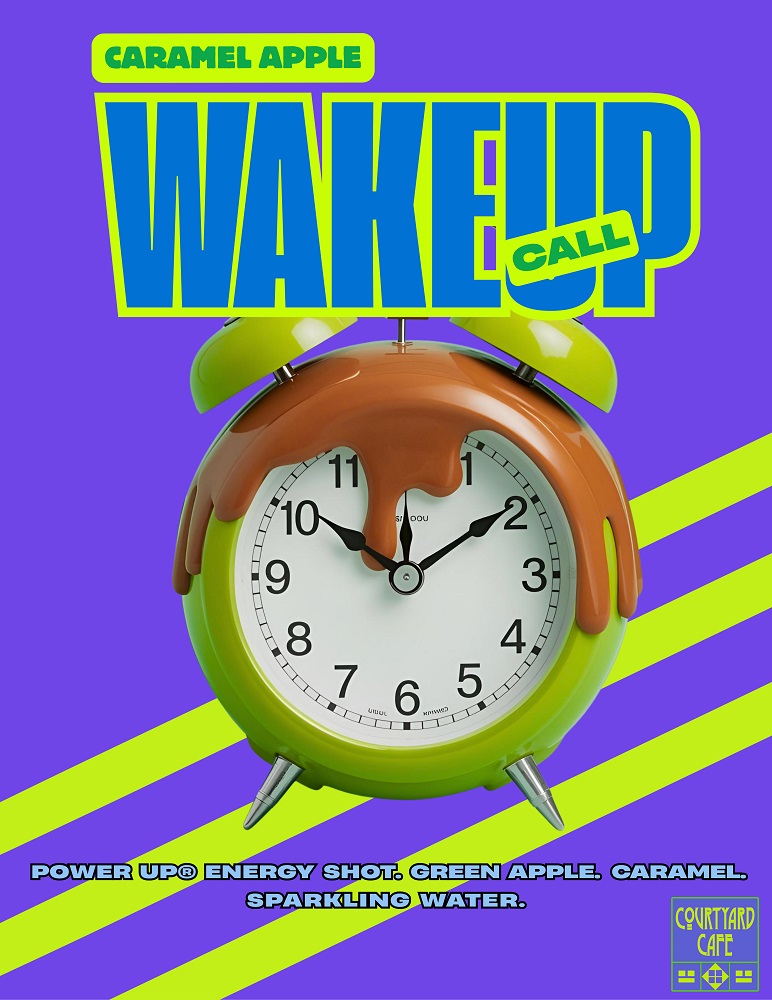
The Perry School Board on Wednesday made appointments to an eight-member panel called the Reconsideration of Instructional Materials Committee, newly formed in order to consider a complaint lodged against a book used in Perry High School English classes.
PCSD Superintendent Clark Wicks declined to share the title of the book with ThePerryNews.com at last week’s special meeting of the school board. It was gathered from the board’s discussion, however, that the offending book has 444 pages, and it will be made available for reading prior to the committee’s meeting, which was provisionally scheduled for Wednesday, Sept. 21.
Coincidentally, such a meeting would take place during Banned Books Week 2022, which will be held Sept. 18-24. Banned Books Week was launched in 1982 in response to a surge in the number of challenges to books in schools, bookstores and libraries. This year’s theme is “Books Unite Us. Censorship Divides Us.” The annual event has numerous sponsors and is coordinated by the American Library Association Office for Intellectual Freedom.
According to Perry School Board policies, the board is responsible for appointing three “community members” to the Reconsideration of Instructional Materials Committee. The board chose local plumber J. P. Hulgan, retired PHS English teacher Linda Kaufman and Perry Public Library Deputy Director Misty Von Behren.
The other five committee members are to be appointed by school district administrators. Wicks is responsible for appointing three members: one licensed employee, one teacher librarian and one administrator. Perry High School Principal Dan Marburger is to appoint two PHS students as members.
The district has not released the names of the other five appointees.
At last week’s school board special meeting, PCSD School Board President Linda Andorf opened the deliberations by describing the circumstances necessitating the meeting.
“As I’m sure everyone is aware,” Andorf said, “we have had a parent who has questioned a piece of instructional material that is being used in a high school English classroom, one of the books, and has asked that we reconsider whether that is appropriate for our high school population.”
Andorf said the offending book has been used for several years as part of the sophomore English curriculum.
“This is our third year of reading the book, and we’ve only had one family that have opted out of reading the book,” she said. “An alternate assignment was given, which is something that has been done in the past when parents have requested. They’ve gone to the teacher, and the teacher would find an alternate book or reading passage or material for them and then continued on with the rest of the group.”
The board discussed qualifications for committee membership and then offered nominations and voted on the nominees. School board member Eddie Diaz said the ideal committee member would have a “willingness to find common ground” and not be inclined to “rile people up and try to put people in corners and pick fights.”
Andorf emphasized the need for committee members “to actually look at the book and determine whether or not it continues to be appropriate for our kids to read.” It was said that the unidentified book will be made available for reading prior to the meeting, but it was not clear whether it would be made available to the public or only to the committee members.
The president also noted all meetings of the Reconsideration of Instructional Materials Committee would be open to the public just like school board meetings.
“People need to know that these are open meetings,” Andorf said, “that the committee meetings will be open, and if any member of the public wishes to come in and sit in on those committee meetings, they would be allowed to do so. Those who are coming in to observe the meeting would not necessarily be allowed to speak, but they would be allowed to listen.”
Efforts to ban books are not uncommon in America. An April report by PEN America, a nonprofit that works to defend free expression, found 1,586 instances — 1,145 titles — of books being banned between July 2021 and March 2022. The PEN America report said the book bans occurred in 86 school districts in 26 states, representing almost 3,000 schools and more than 2 million students.
In Iowa the Waukee Community School District considered banning three titles in October 2021: Jonathan Evison’s “Lawn Boy,” George M. Johnson’s “All Boys Aren’t Blue” and Maia Kobabe’s “Gender Queer: A Memoir.” The Ankeny Community School District considered banning the same Kobabe title in November 2021. None of the books was ultimately banned in either school district.
State legislatures have also moved to restrict teaching about certain topics. An August report from PEN America said 36 states introduced 137 such bills in 2022. These proposed “educational gag orders” increased by 250% in 2022 compared to last year, the report said, adding that while most target teaching about race, a growing number have targeted LGBTQ+ identities.
An Iowa law that took effect in July bans certain concepts from classroom instruction and from mandatory diversity training for state and local government employees, such as the idea that America is systemically racist or sexist. The Iowa law largely borrows from a September 2020 executive order that issued from the Trump White House.
A Florida law — dubbed by critics the “Don’t Say Gay” bill — prohibits instruction on sexual orientation and gender identity in kindergarten through the third grade.
Sponsors of the annual Banned Books Week include American Booksellers for Free Expression, American Library Association, American Society of Journalists and Authors, Amnesty International USA, Association of University Presses, Authors Guild, Comic Book Legal Defense Fund, Foundation for Individual Rights and Expression (FIRE), Freedom to Read Foundation, GLAAD, Index on Censorship, National Book Foundation, National Coalition Against Censorship, National Council of Teachers of English, PEN America, People For the American Way Foundation, PFLAG and Project Censored.



















Zeig Heil! Zeil Heil! When are we going to burn the books? A sad day for America.
Now wait just a minute. Censorship is a form of imposed ignorance. Not telling us exactly what is being censored is itself a form of censorship. We have no idea what is so objectionable. We’re purposely kept in the dark about public policy. What is the justification for withholding the title of the material in question?
Mr. Diaz is quite right about being level headed and rational. Still, it’s hard not to be offended about the general public not being trusted here. We’re not talking about the personal records of a school system employee. We’re not talking about any leak of information that would compromise school security. We’re talking about a policy that pertains to values. More specifically, we’re talking about conflicting values, or this wouldn’t be going down to begin with.
What values? Whose values? When I ask about who is being offended, I don’t refer to any individual student or their parents. I’m asking who in terms of ideological demographics. Obviously, someone is upset. Something about the material in question is considered harmful enough that some people not only want it kept from their children, but they want it kept from everyone’s child.
Speaking about everyone, I speak for those of us here who have no children. Though we don’t have our own kids, it’s necessary for us to live with the offspring of others be they young or grown. We still live in the same society. Our shared society has some values common to all but yet contains groups and cultures with conflicting values.
So what’s the conflict? What subject is so volatile the general public cannot be trusted with it? I understand trying to protect the kids, but who or what is being protected by withholding the title of the material? Maybe I’m talking about some kind of Pandora’s Box. It could be in this particular instance we’re better off not knowing anything. Perhaps there are risks involved in releasing the title, but the precedence set by keeping us in the dark may be riskier yet.
Anyway, I’m reminded of a line from The Music Man: “Oh, we’ve got trouble right here in River City. With a capital # and that rhymes with # and that stands for (expletive deleted)”
Oh . . . I can’t wait to hear the title so I can buy it, read it and donate it to my nearest library!
I’ll chip in for an additional copy. If necessary, I’ll order a little stash of them and sell them at cost or less to those with genuine economic difficulties. Perhaps some qualified volunteers can oversee sessions in which the students can read whatever aloud out of shared texts. We’ll take the advice of the late Bruce Lee. We will “be the water.” The only way for those who wish to “waterproof” society will be to suffocate everyone including themselves.
I’m prepared to be outraged, but how can we make a informed decision on which side we should be outraged on if The Perry News refrains from sharing the so-called “offending” passages or even the title of the book? That in itself is kind of curious. Why is the reader being shielded from such basic information? I have my doubts they are really that bad. When I was young (5th grade) decades ago and the librarian was not sure, after I had consumed all the interesting-to-me history and non-fiction (and a few fiction ones about history 😉 books in both the elementary and the JH section, that I was ready for the high school non-fiction selections, but she soon was on my side when the other “adults” tried to say I couldn’t understand big words (dictionaries; duh) or the more adult topics of which they could not even think of let alone articulate, when I deigned to ask the little group of doubters in the library. They gave up at that point, likely because the teacher who was so recalcitrant had never read the books (never answered when I asked) that he believed I was too young to handle. We are all adults here: show us the passages that are of concern, please. Or the title in question.
The Perry News didn’t withhold the title. My understanding is that the school board/administration are withholding the title. The Perry News can’t report that which is not declared.